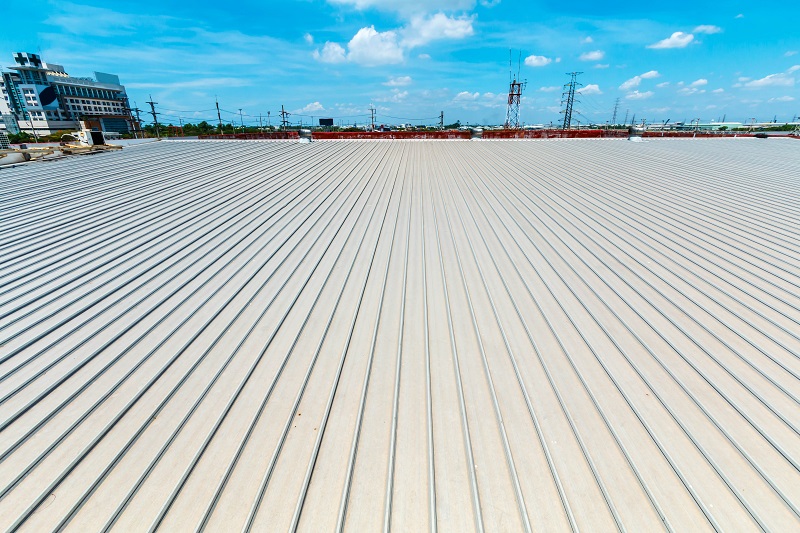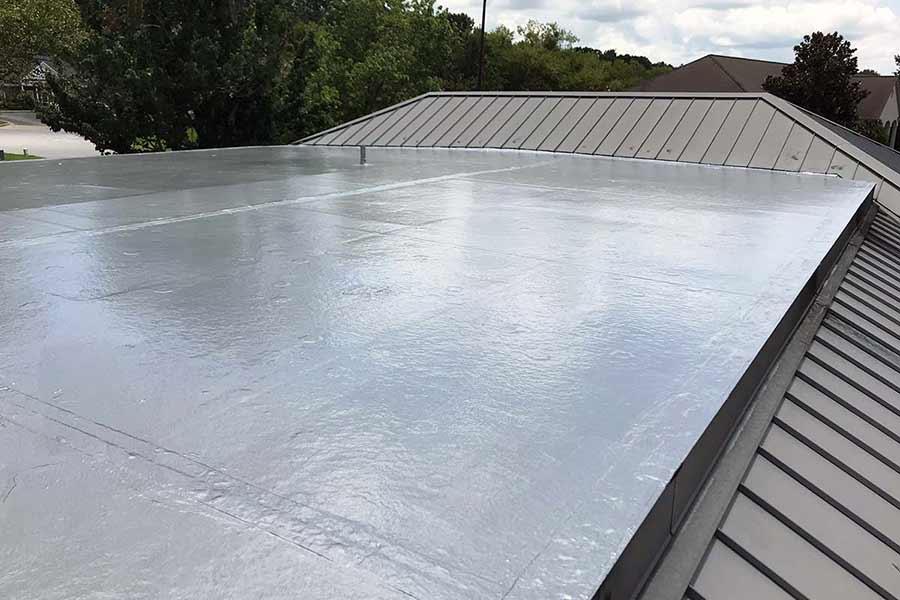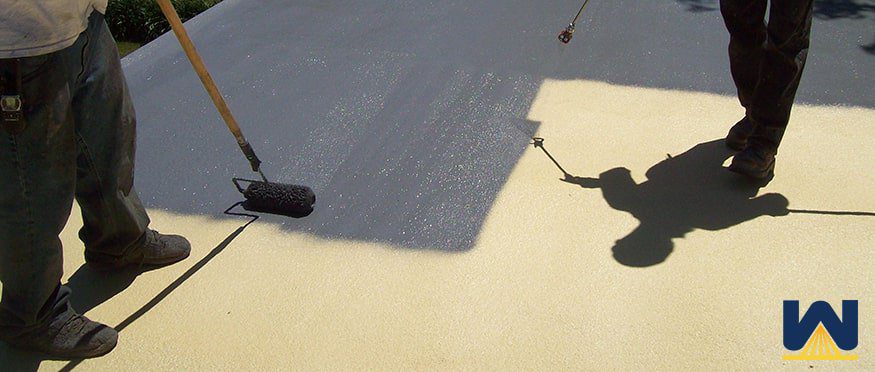We discuss the pros and cons of an increasingly popular commercial roofing system a spray polyurethane foam roof and get helpful information from a contractor s perspective.
Pros and cons of urethane roofing.
The application of the polyurethane foam allows the contractor to level out the roof to decrease the chance of ponding water.
7 things to know before choosing a metal roof if your current roof is the root of your headache and maybe even a long list of costly home repairs consider these metal roofing pros and cons.
The second coating or the top coating is the silicone layer which protects the foam from weathering.
In previous posts we have weighed the benefits of spray foam roofing and some common misnomers about commercial spray foam roofing.
Hence proper maintenance of this roofing system helps to have savings of over 75 by never roofing it again.
Urethane roof coatings more commonly known as polyurethane roof coatings are among the strongest and most durable elastomeric coatings available in the industry.
The base foam coating provides insulation and protection to the roof.
But is still vulnerable to uv rays and water.
The foam material can expand and contract with the building in accordance with outside temperatures reducing the likelihood of cracks and splitting.
They are most commonly used for sprayed in place polyurethane foam insulation as well as other commercial roofing substrates including modified bitumen single ply epdm smooth gravel bur and concrete roof decks.
This roof system not only saves energy but also never wear out.













































